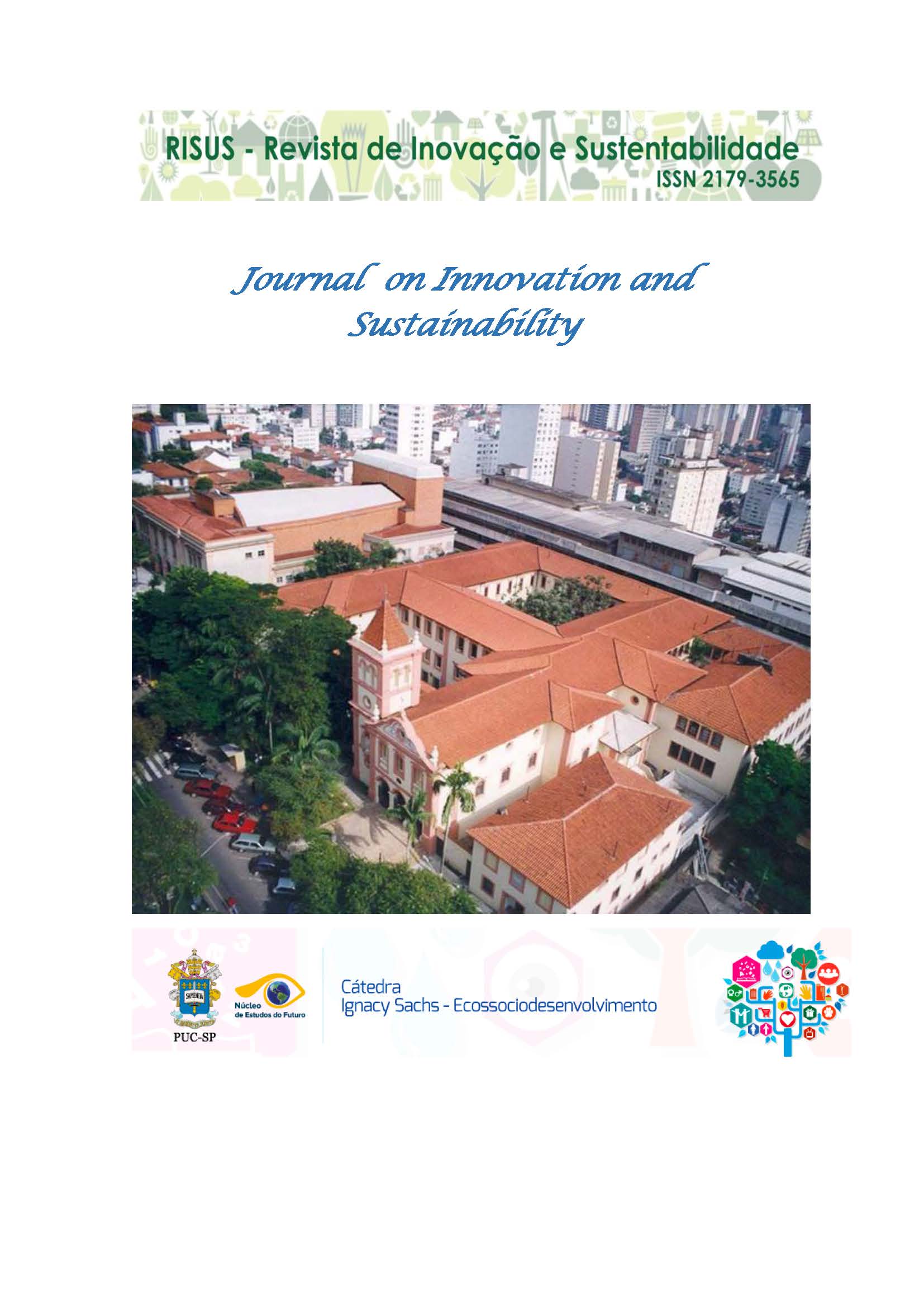A capsuled approach to analysis of the profitability of digitalization of business processes of telecommunications companies in Ukraine
DOI:
https://doi.org/10.23925/2179-3565.2023v14i3p123-137Keywords:
Digitalization, Flow, Business processes, Mathematical model, Diagnostics, Process miningAbstract
Digital progress fundamentally transforms social reality, changing not only the key principles of social life but also all social institutions and spheres in which social interaction takes place, without neglecting the fundamental basis of the world's existence – the economy. Therefore, the problem of digitalization of the enterprise's business processes in the conditions of the digital economy becomes extremely urgent, given the need for high-quality management of the development of private capital.
The purpose of the article is a multi-aspect system modeling of the encapsulated approach of the enterprise's business processes to find adequate justified management of flow processes in the conditions of digitalization of the economy. Research methodology – methods of digital analytics, based on the analysis of financial statements of enterprises and mathematical modeling of investment flows, including comparative analysis of indicators of comprehensive diagnostics of the effectiveness of digitalization of telecommunications enterprises. Findings - the key flows of business processes of enterprises are defined: material, innovative-intellectual, information-marketing, financial, the effectiveness of which management consists in the synchronization of flows with the possible assumption of temporary variations in the investment of one or another flow. Modeling made it possible to recognize the dominant flows – financial and innovative-intellectual, which allowed the authors to scientifically substantiate the need for systematic balanced management of the enterprise's business processes depending on the changing external environment, which is forced to transform intensively under the influence of the realities of the digital society. The theoretical constructs applied by the authors using the general and innovative theory of systems, the process approach of managing the quality of flows in combination with an interdisciplinary approach and analytical methodology made it possible to highlight the peculiarities of business processes in the conditions of digitalization as a general complex system that can be effectively managed using modern digital technologies.
The study of key indicators and analysis of flow management is proposed to be carried out with the help of an encapsulated approach, which provides scientists with the basis for analytical analysis of the effectiveness of business processes at a modern enterprise in the conditions of a digital society. Research limitations – obtaining the analytical dependence of the key flows of the enterprise's business processes is a platform for making management decisions but requires the use of a more modern methodology using digital tools.
References
Björk, T. Arbitrage Theory in Continuous Time. 2019, 592 p.
Fayol, H. General and Industrial Management. London: Pitman. 1949
Khusainov, D.Ya, Ivanov, A.F., Shuklin, G.V. On a representation of solutions of linear delay systems. DIFFERENTIAL EQUATIONS, 2005. Vol. 41(7). pp. 1054-1058.
Klymenko, O., Lehominova, S., Goloborodko, A. Features of quality management of electronic services in ukraine in the conditions of digitalization. RISUS-JOURNAL ON INNOVATION AND SUSTAINABILITY. 2022. Vol. 13. Issue 1. P. 72-85. DOI 10.23925/2179-3565.2022v13i1p72-85
Ludwig von Bertalanffy An Outline of General System Theory. THE BRITISH JOURNAL FOR THE PHILOSOPHY OF SCIENCE, 1950. Vol. 1. No. 2. pp. 134-165.
Lyu, Yu-D. Methods and algorithms of financial mathematics. FINANCIAL MATHEMATICS SEMINARS. 2007, 751 p.
Parsons, T. Theories of Society: foundations of modern sociological theory, Free Press, New York 1961. Available at: <https://archive.org/details/theoriesofsociet02pars/page/n3/mode/2up> Accessed on: 16 April 2022.
Porter, M. Competitive Advantage of Nations. 1990. Available at: <http://www.afi.es/eo/The%20competitive%20advantage%20of%20nations%20%28Porter%20HBR%20marzo-abril%201990%29.pdf > Accessed on: 24 March 2022.
Roshchektaev, S.A., Roshchektaeva, U.Y. Internal audit and Process Mining: the effects of synergy. SCIENTIFIC BULLETIN OF THE SOUTHERN INSTITUTE OF MANAGEMENT. 2020. Vol. 1. pp.54-60. Available at: Accessed on: 16 June 2022.
Schumpeter, J. Business cycles. A Theoretical, Historical and Statistical Analysis of the Capitalist Process. New York Toronto London: McGraw-Hill Book Company. 1939.
Taylor, F. The principles of scientific management. 1911 Available at: <https://wpscms.pearsoncmg.com/wps/media/objects/3109/3184076/taylor.pdf> Accessed on: 04 April 2022.
Wang, J., Wong, R., Ding, J., Guo, Q. and Wen, L. Efficient Selection of Process Mining Algorithms. Available at: <http://www.cse.unsw.edu.au/~wong/papers/tsc12.pdf > Accessed on: 26 March 2022.

Downloads
Published
Issue
Section
License
This Journal is licensed under a Creative Commons Attribution-Non Commercial-No Derivers 4.0 International license.
1.The author (s) authorize the publication of the article in the journal;
2.The author (s) warrant that the contribution is original and unpublished and is not in the process of being evaluated in other journal (s);
3. The journal is not responsible for the opinions, ideas and concepts emitted in the texts, as they are the sole responsibility of its author (s);
4. The editors are entitled to make textual adjustments and to adapt the articles to the standards of publication.

